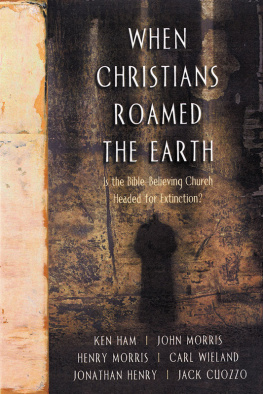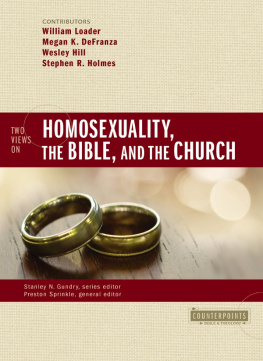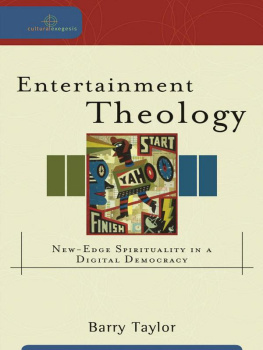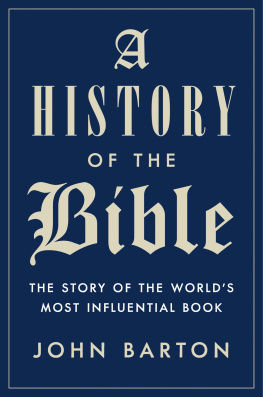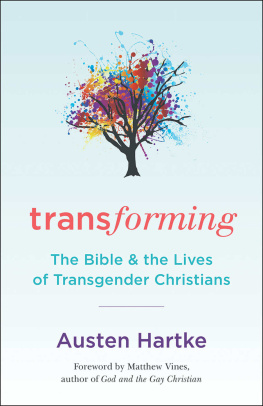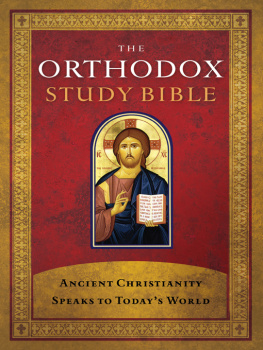When Christians Roamed The Earth
Is the Bible-Believing Church Headed for Extinction?
Ken Ham
John Morris
Henry Morris
Carl Wieland
Jonathan Henry
Jack Cuozzo
First printing: December 2001
Second printing: March 2002
Copyright 2002 by Master Books. All rights reserved. No part of this book may be used or reproduced in any manner whatsoever without written permission of the publisher, except in the case of brief quotations in articles and reviews. For information write:
Master Books, P.O. Box 727, Green Forest, AR 72638.
ISBN-13: 978-0-89051-319-4
ISBN-10: 0-89051-319-8
Library of Congress Catalog Number: 99-67334
Printed in the United States of America
Please visit our website for other great titles:
www.masterbooks.net
For information regarding author interviews, contact the publicity department at (870) 438-5288.
Table of Contents
Preface
In 2001, explorer Robert Ballard, who discovered the wreck of the Titanic in 1985, began an intriguing search of the Black Sea. He wanted to find evidence of Noahs flood.
Geology studies had indicated that a massive flood had taken place at the site sometime in the last several thousand years. Ballards team did in fact find evidence of human civilization on ancient shorelines underneath the Black Sea.
Interestingly, though, the expedition wasnt about proving Noahs flood. Rather, it was launched to find the source of the Genesis myth. After all, reasoned researchers, the event as recorded in the Bible couldnt be historically true. Indeed, media all over the world touted the discoveries, always linking them as sources of various flood myths found in many countries and cultures, particularly the Babylonian Enuma Elish, which detailed the heroic tale of Gilgamesh, who endured the flood.
This is where weve come to in the Christian West. Far from our roots as Bible-believing men and women, we are now on the slippery slope of unbelief. Generations of people have seen their own faith shipwrecked by the spurious theories of scholars who have systematically attacked the Bible. Men like Thomas Huxley, Herbert Spencer, and Harry Emerson Fosdick followed the lead of the German Higher Critics, who worked to present the Old Testament as the evolving spiritual myth of the Hebrews. This, of course, stands in stark contrast to the Bible as the majestic word of God.
So we have these two very different world views: Scripture is revelation from God/Scripture is mans first attempts at shaping a primitive theology. The implications are huge.
To counter the big lie that Genesis was influenced by Mesopotamian myth, several leading creationist authors and speakers have been brought together to present clear evidence that the Bible is exactly what it claims to be, and that its cosmogonies are the true account of the origin of all things.
You will enjoy reading about startling, firsthand research on human origins by people like John Morris and Jack Cuozzo. You will no doubt be fascinated by the subject of the search for extraterrestrial life by Jonathan Henry. Ken Ham and Carl Wieland look at the implications of evolutionary thought on the Church, while Henry Morris traces what he has so aptly called the Long War Against God.
This book raises profound questions, first for the Church.
Once, Christians who boldly taught from Scripture were in abundance. They spread the Good News far and wide, preaching the whole gospel. Sadly, as the subtleyet-lethal message of uniformitarianism gained wide acceptance, more and more people turned away from the life-affirming Bible, believing instead that it is a mistakeridden, inaccurate collection of outdated religion.
Today, we see the cheapening and chipping away of our Christian heritage, as even many prominent ministries subscribe to evolutionary-based theories of origins. Sweeping under the rug the critical issue of creation vs. evolution, it is felt by many that such discussions are divisive and hurtful. On this we can agree: these issues are divisive, for they draw a clear line between faith in the God of the Bible and a god who used a brutal system of trial-and-error creation. Hurtful because it requires people everywhere to take a hard look at what they believe and why. When someone asks us why the Resurrection could possibly be historically true, if we compromise on the historicity of Genesis... how do we answer?
This question joins with many others (the Virgin Birth, the Cross, Jesus miracles, the Second Coming) as people the world over are desperate to believe in something saving.
Our opportunity to present the life-changing message of Christs love pivots on the all-important veracity of Genesis.
Will true Christianity survive and thrive in the uncertain days ahead? Or will it become extinct, like the giant reptiles that grace our museums today, used as propaganda by those committed to atheistic naturalism?
Now is the time for Christians to recognize the remarkable claims of the Bible. For a frightened world, our presentation of the gospel means the difference between life and death. Even Christ himself looked at the future and said:
When the Son of Man comes, will He really find faith on the earth? (Luke 18:8).
How will He find you?
Henry Morris
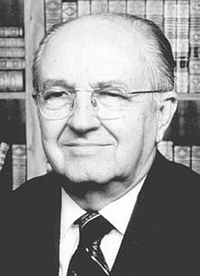
Dr. Henry Morris is known as The Father of the Modern Creationism Movement and is the author of many books on scientific and biblical creationism, as well as a respected scientist, writing a number of textbooks in his own field.
Dr. Morris has a B.S. from Rice University with honors in civil engineering and M.S. and Ph.D. degrees from the University of Minnesota. He minored in geology and mathematics. He has served on the faculties of Rice University, the University of Minnesota, the University of Southwestern Louisiana, and Southern Illinois University. From 1957 to 1970 he was head of the civil engineering department at the Virginia Polytechnic Institute and State University (Virginia Tech). While at Virginia Tech, Dr. Morris was able to get approval for Ph.D. programs in civil engineering and hydraulics. Dr. Morris authored Applied Hydraulics in Engineering, which has been used by over 100 colleges and universities at one time or another.
Now president emeritus of the Institute for Creation Research, he lives in California.
The Conflict of the Ages
Chapter 1
Henry M. Morris
We are living today in what many are calling a postmodern age an age when there are no absolutes and almost anything goes. A more realistic designation, however, might be the Post-Christian Age, when almost any kind of belief and practice except biblical Christianity is tolerated and even encouraged.
Our nation was founded on biblical principles, as a Christian nation, largely by founding fathers who were serious about their faith in God and the Bible. This faith was implicit, not only in the writings of the pilgrims and other early settlers, but also later in the Declaration of Independence and then the Constitution with its Bill of Rights. The various state constitutions and court decisions (at least those prior to the 20th century) reflected the same Judeo-Christian faith of the fathers. Our laws had been largely derived from the British common law, which in turn had been mainly developed from biblical principles both the Mosaic laws and the teachings of Christ. The early schools and colleges of our country likewise had built their programs around the same foundation, freely including the Bible and prayer in their studies and activities.

